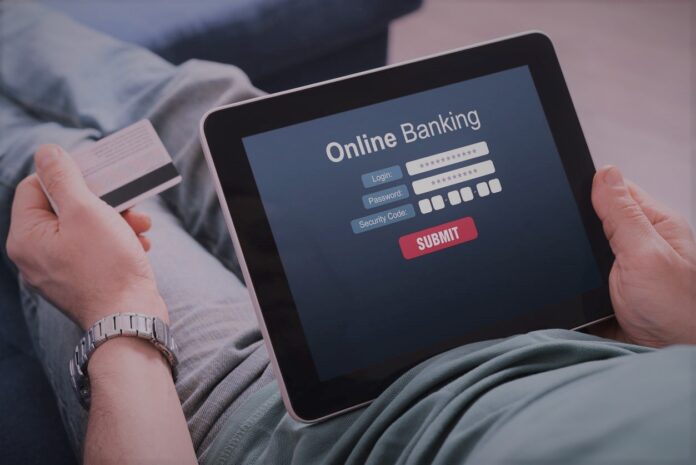Online Banking has never been more convenient thanks to modern technology. In the past, making a quick cash deposit required us to assemble our paperwork into an envelope, travel a short distance, and stand in queue for several hours. Because it is such a headache, when internet banking was first launched, a lot of people got on board. However, given how much faster and more practical online banking is, you can’t really blame them.
Nowadays, online banking is undoubtedly much more practical, for instance, if you want to apply for personal loans with bad credit. It does, however, not come without certain risks. Your bank account and identity are always at risk of theft. The majority of people who fall victim to these scams nowadays, however, are those who are new to online banking.
If you fit this description, you might be interested in some tips on online banking security.
Pick Secure, Distinctive Passwords:

Your first line of defense for online security is you. Using software, hackers can try every possible combination of letters, numbers, and symbols to guess your password and gain access to your account.
Having said that, it will take some time for the software to figure out your password if it has a strong combination of numbers, letters, and symbols. Some individuals do, nevertheless, make errors that make it simpler for these hackers to guess your passwords. For instance:
- Using private information like a name, address, or birthdate
- Employing well-known terms or passwords, such as QWERTY123
- selecting only a few words or number lines
- Using the same password for all of your accounts and not changing it frequently
Frequently Change Your Passwords:
We understand that if you constantly change your passwords, it can be incredibly annoying to remember new ones.However, it’s one of the finest strategies to protect your financial assets. You probably believe that having to memorize letters, numbers, and symbols, and occasionally changing them, is bad enough.
If you’re tired of remembering all your new passwords, use a password manager to make your life easier. Password generators are still required even though password managers are secure. And no, you can’t use notepads, chat boxes, or other insecure apps because they won’t be able to protect your data.For example, if your phone got stolen and it’s not locked, they can look at your notepads and see the passwords for themselves.
Never Use Free WiFi in Public:
Most of the time, using public WiFi to access social media websites and video-sharing services is secure. Particularly if you’re using a VPN or browsing incognito to be anonymous, this is true.
It doesn’t alter the fact, though, that utilizing public WiFi is extremely risky. There are hackers there that want to access your accounts by utilizing a variety of software that can copy passwords and other login information as well as other personal information from your device.
These Dangers Include, for instance:
- Viruses and spyware
- Transmission of data through unsecured networks
- harmful hotspots
- Furthermore, Man-in-the-Middle assaults
Avoid utilizing public WiFi unless you have no other option, especially while trying to access your bank accounts. At first, it could seem secure, but the next time you want to use it, you won’t be able to, or even worse, there won’t be any money in your bank account.
Activate Private File Sharing: Public file sharing, for those who are unfamiliar, enables users to share files or folders by providing a link. The risk of clicking these links is very high. You should disable this option in your settings unless you’re on a secure network.
You can create a personal, secure network that is only accessible to you by utilizing a VPN.
There are several free VPN services available online, but if you have the money to pay for one, you should think about doing so.
Remain on Secure Websites:Look for “https” in a website’s URL. It is safe if there is both one and a lock sign. Avoid that website if you can’t find them and a portion of the URL is highlighted in red.
Never Share Your Login Details with Anyone:

You shouldn’t click the link included in an email or text message you unexpectedly receive from a company requesting your login credentials.
A typical identity theft fraud called phishing gathers your login information so that hackers can access your bank accounts. Never forget that nobody will ever ask you for your username or password, not even your bank.
Last Words:
When it comes to using internet banking, you are your own first line of defense. Hackers and frauds may be hard to come by online these days, but that doesn’t mean they don’t exist.When it comes to the security of your online banking, you should never be complacent.
See our other latest Posts: Numero eSIM



